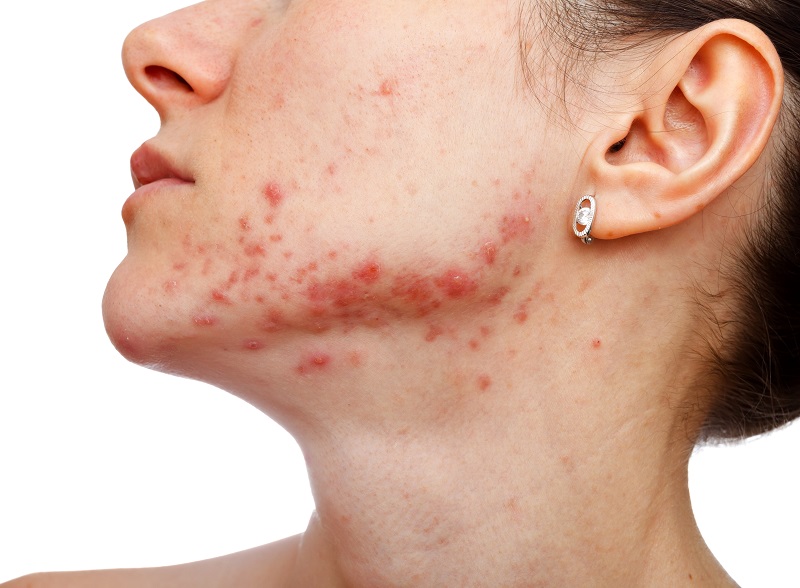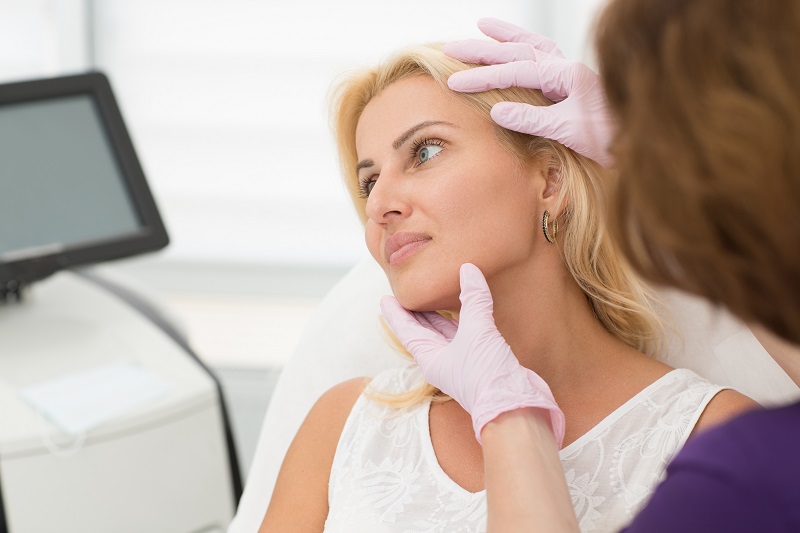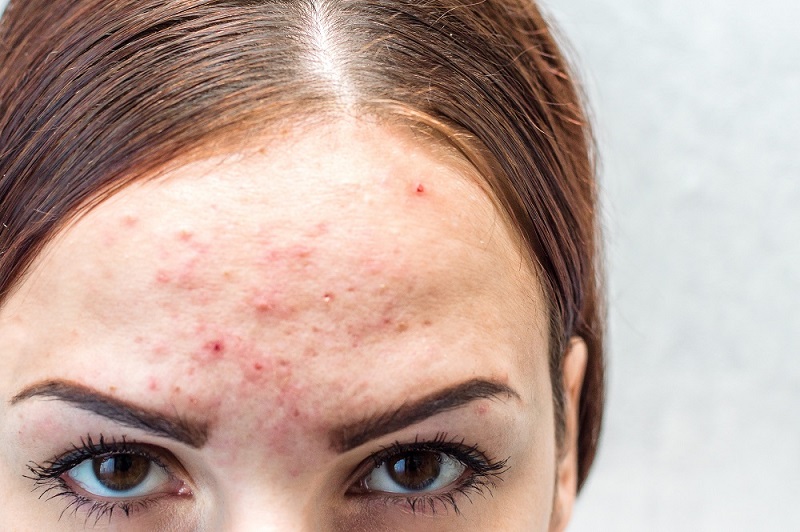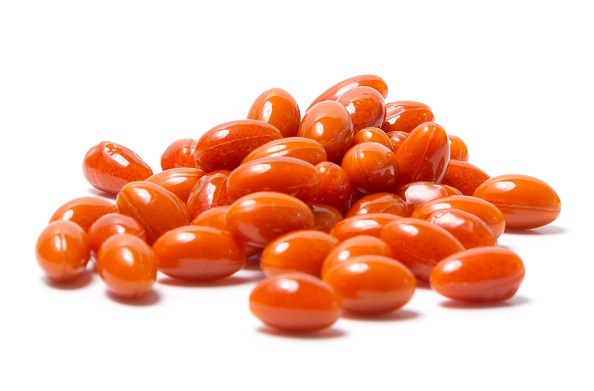Accutane® Treatments at U.S. Dermatology Partners
Effective Acne Solutions
If you’ve struggled with moderate to severe acne, including cystic or nodular acne, you know that many common acne treatments aren’t effective for everyone. Fortunately, the physicians at U.S. Dermatology Partners commonly prescribe Accutane (isotretinoin) for the treatment of those patients with acne that is unresponsive to other therapeutic options.
Find This Service Near You
What is Accutane (Isotretinoin)?
Accutane is the brand name that most people use when referring to the oral acne medication isotretinoin. Isotretinoin is a derivative of vitamin A, which naturally occurs in our own bodies. This medication has been around for decades and continues to be the absolute best treatment for acne, particularly for moderate to severe cases. The original medication brand, Accutane, is actually no longer available, but the name has stuck. When you receive your Accutane prescription, you may see it listed simply as isotretinoin or a number of other brand names, including Asorica®, Claravis®, Sotret®, Amnesteem®, Myorisan®, and Zenatane®.
While there are known potential side effects of Accutane, short-term use is effective in clearing moderate to severe acne. Many patients have limited side effects from this medication, and your doctor will discuss those with you prior to treatment. Accutane is a safer and more effective long-term option compared to the use of antibiotics and other acne medications.
Who is a Candidate for Accutane Treatment?

Patients will be closely monitored when first starting the medication by their doctor, and they may need to adjust other medications to avoid complications. To ensure your health and safety, a dermatologist will ask you to take a number of steps while using isotretinoin in order to avoid potentially adverse effects, including scheduling regular follow up visits and avoiding pregnancy. When taking Accutane, patients of childbearing potential must be monitored with monthly pregnancy tests. Accutane causes significant birth defects and should never be used in patients who are pregnant or trying to become pregnant.
In addition to acne management, isotretinoin may be used to treat other skin conditions, including hidradenitis suppurativa (acne inversa), rosacea, sebaceous hyperplasia, lamellar ichthyosis, and gram-negative folliculitis.
How Does Accutane Treatment Work?

You will take the prescription medication one to two times a day, depending on your dermatologist’s recommendation. Accutane is proven to be more easily absorbed when taken with fatty food, so it’s typically recommended that you take your medication with fatty food (ice cream, peanut butter, etc.). In the first month, some patients may feel their acne is becoming worse. This flaring is common in the first month. The most noticeable changes in the condition are seen around the third or fourth month of treatment.
Throughout the time you’re taking isotretinoin, you will need to visit the dermatology office for follow up visits at monthly intervals. This frequency of visits is mandated by the government program which regulates the dispensing of the medication. Studies indicate that about 95% of patients who complete their prescribed isotretinoin treatment will see clearance. Of the 5% who do not achieve their desired result after one course of treatment, 50% are able to achieve acne clearance after a second round of medication.
Are there Side Effects of Accutane Treatment?
Vitamin A is not water-soluble, so excess levels of vitamin A can build up in the body’s tissues, sometimes causing health concerns. When taken in appropriate doses, Accutane is removed from the body within nine days and has no long-term health effects.

The most common side effects, which almost every patient will experience, are dry/chapped lips and dry skin.
Other common, mild side effects of isotretinoin treatment include:
- Skin itchiness and increased sensitivity (rashes may develop)
- Increased photosensitivity (sun exposure sensitivity)
- Nasal passage dryness (possibly leading to nose bleeds)
- Irritation of the eyes, eyelids, and surrounding area
- Aches and pains in the joints and muscles
- Dry mouth
- Hair thinning (temporary)
- Gastrointestinal and urinary tract symptoms
If you notice any of these mild symptoms, your dermatologist will be able to help you manage them during treatment, and the majority of patients see total symptom relief once their course of treatment ends. In rare cases (less than 1%), isotretinoin users reported emotional and mental health side effects, including mood swings, irritability, suicidal ideation, and depression. While this is not common, if you do experience these types of issues, you should contact your dermatologist and/or a physician or mental health care provider immediately. It may be required that you decrease your dose of the medication or come off of the medication entirely.
Liver damage due to increased blood fats is also possible while taking Accutane. For this reason, it’s important to avoid consuming alcohol during your isotretinoin treatment as processing alcohol is also very taxing and possibly damaging to your liver. Blood tests during isotretinoin treatment will help to detect these issues.
For women, it’s important to avoid becoming pregnant while taking Accutane since this drug causes birth defects. During treatment, you will be asked to take a pregnancy test each month before starting your next round of medication. This testing helps to minimize the risk of birth defects and other pregnancy complications. Additionally, women are asked to agree to use two forms of preventive birth control to further minimize risk during treatment and for at least one month after discontinuing isotretinoin use.
Other considerations to minimize side effect risk from Accutane treatment include, limiting sun exposure and using sun protection to offset the increased photosensitivity. Headaches are common, but they are typically mild and respond to over the counter pain relief medications. Due to muscle and joint pain that may occur, exercise routines should be minimized or adjusted to avoid unnecessary strain and discomfort.
How Long do the Results of Accutane Last?

*Results may vary by individual


